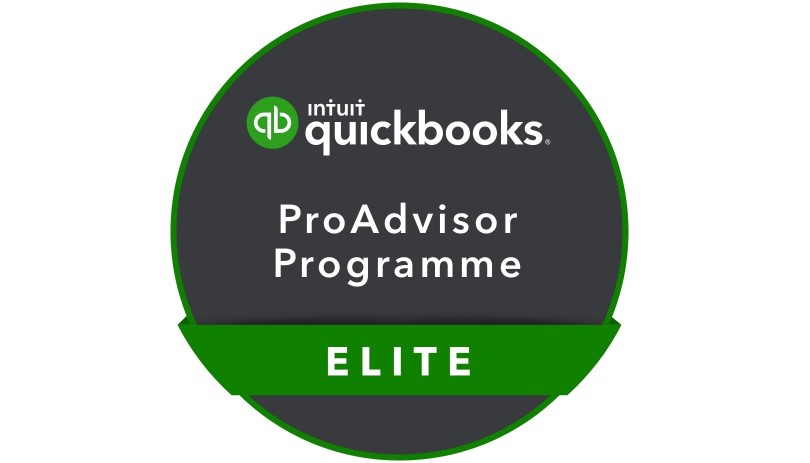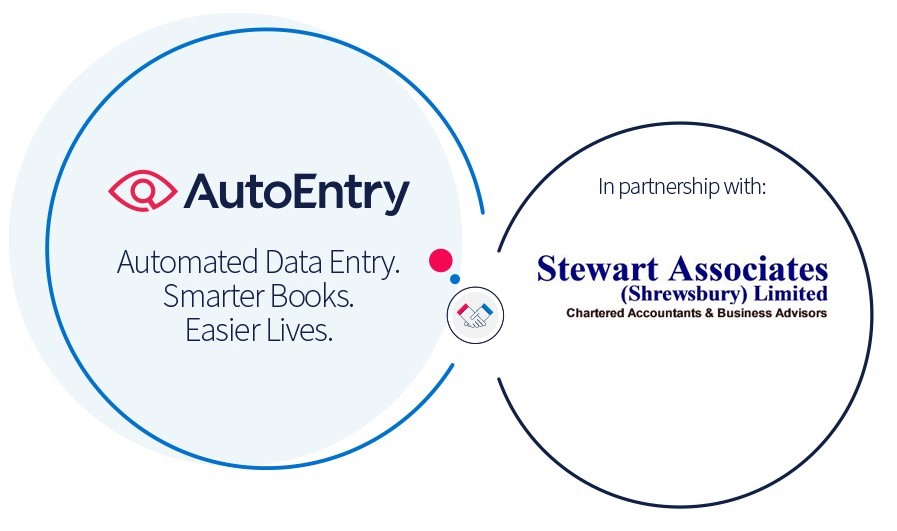1 September 2021
Self-employed COVID Grants and the 2021 Tax Return
The 2021 Tax Return contains a section to enter any Incorrectly Claimed Grants
Therefore we are obliged to mention so that if there is an inappropriate claim this is reported and repaid together with the Self-Assessment Tax liability. At face value income not reducing over the whole accounting year does not mean the claim was incorrect at the time it was made however it may be identified for further enquiry.
When claiming SEISS grants you were required to state that your business has been negatively impacted by the pandemic at that time and to retain evidence in support. Each claim had slightly differing requirements and full details can be seen at https://www.icaew.com/coronavirus/self-employment-income-support-scheme
In summary:-
First and second grants
Self-employed individuals and members of a partnership were eligible where the taxpayer intended to continue to trade in the tax year 2020/21 and carried on a trade which has been adversely affected by coronavirus.
HMRC has provided some guidance on the meaning of 'adversely affected'. This includes being unable to work because the taxpayer is shielding, self-isolating or is on sick leave or has care responsibilities because of coronavirus. It also includes scaling down, temporarily stopping trading or incurring additional costs because
a) the supply chain has been interrupted
b) the business has fewer or no customers
c) staff are unable to work
d) one or more contracts have been cancelled or
e) protective equipment was purchased to comply with social distancing rules.
The lack of any mention of specific, measurable reductions in income is intentional. The taxpayer should keep evidence of the impact on their trade, but there is no link between the amount of the grant and the financial loss. The list is not exhaustive; for example, a business might be adversely affected if it has to write off a bad debt because a customer has ceased trading due to coronavirus.
During the application process, the taxpayer was asked to confirm that they meet the eligibility criteria, but the importance of the questions may have been missed.
The HMRC original guidance was not specific about when a business needs to be adversely affected to qualify for a grant. This changed and to qualify for the first grant the business must have been adversely affected on or before 13 July 2020. To qualify for the second grant the business must be adversely affected after 13 July 2020.
Third grant
Additional, tighter, eligibility criteria were introduced for the third grant by adding:
a) the claimant must experience reduced activity, capacity or demand or be temporarily unable to trade in the period from 1 November 2020 to 29 January 2021, compared with what could reasonably have been expected but for the adverse effect on the business of coronavirus,
AND
b) the claimant reasonably believes the impact will cause a significant reduction in trading profits for the relevant accounting period, compared with what would otherwise have reasonably been expected as a result of that reduced activity, capacity or demand.
HMRC published new guidance and examples to help claimants check whether they were eligible.
The significant reduction in trading profits test is applied to the accounting period as a whole. For many taxpayers, for example those that use a 31 March or 5 April accounting date, the significant reduction of trading profits will be expected to appear in the results they report on their 2020/21 tax return. However, some taxpayers, for example those that use a 30 April accounting date, will not report the trading results for the relevant period until their 2021/22 tax return.
This means that claimants will have to forecast their results to establish eligibility and it will be difficult for HMRC to enforce effectively. HMRC guidance indicates that it expects claimants to make 'an honest assessment' about whether they reasonably believe that their business will have a significant reduction in profits.
HMRC has specifically said that a reduction in profits due to increased costs (such as having to buy masks) does not count for this purpose.
Fourth and fifth grants
The eligibility criteria have been revised for the fourth and fifth grants to take 2019/20 tax returns into account, but are otherwise unchanged from the third grant.








